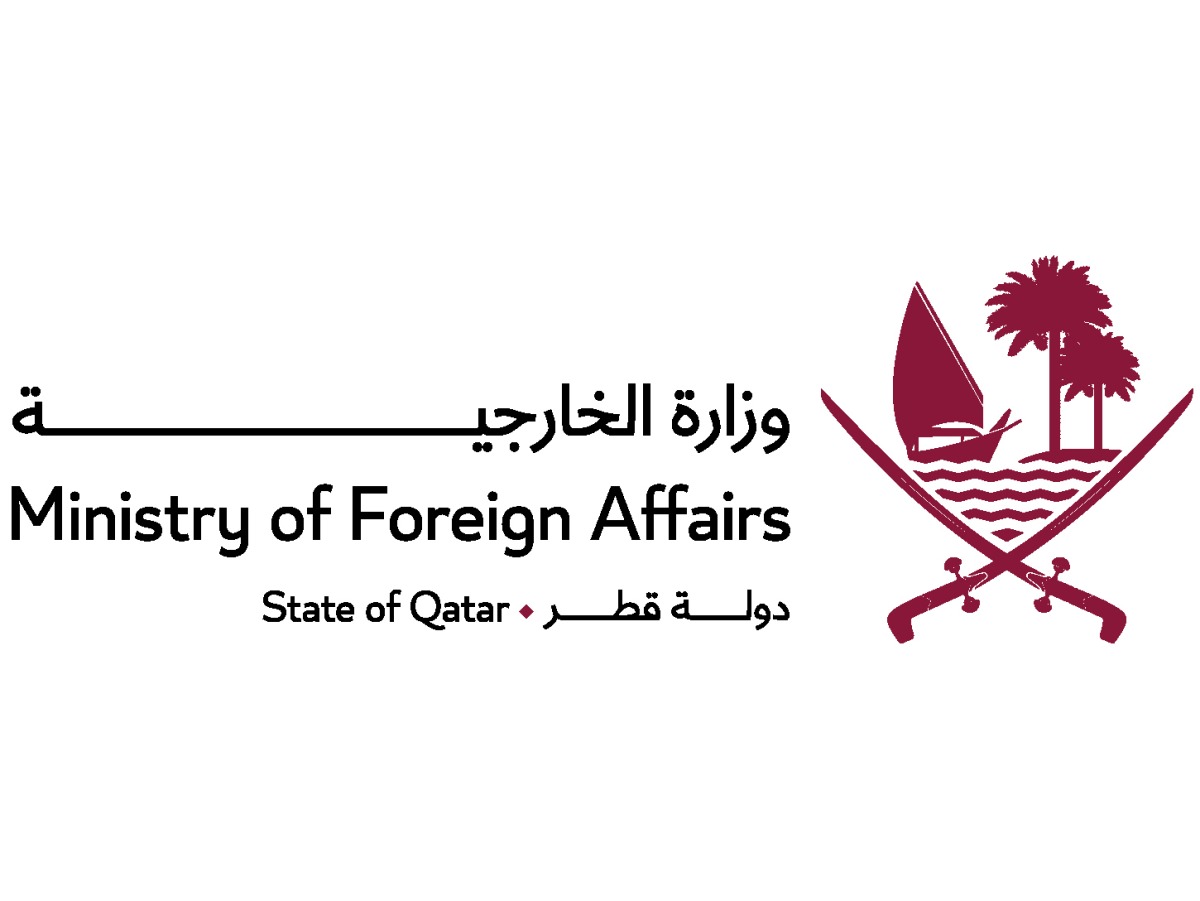In recent developments in Doha, Qatar, negotiations for a ceasefire between Israel and Palestine have not yet received concrete approvals from either side. This was reported by Al Jazeera, who quoted Qatari Foreign Ministry spokesperson Majed al-Ansari during a press briefing in Doha. Al-Ansari expressed concerns about the lack of unified position in Israel regarding the current ceasefire proposal, citing statements made by Israeli ministers. However, he also mentioned that there is a positive momentum building up on both sides, with discussions ongoing within the Israeli government about accepting the proposals on the table.
According to Al-Ansari, it is crucial for the international community to put pressure on both sides to accept the ceasefire proposals and end the conflict immediately. He emphasized the need for collective efforts to ensure that both parties understand the urgency of reaching a deal. The spokesperson highlighted the importance of all parties working together to facilitate the peace process and make progress towards resolving the conflict. This reflects a diplomatic approach aimed at achieving a sustainable solution to the ongoing tensions between Israel and Palestine.
The statement made by Al-Ansari underscores the significance of international cooperation in addressing the conflict and promoting peace in the region. By urging all stakeholders to come together and support the ceasefire proposals, he emphasized the shared responsibility of the global community in facilitating dialogue and negotiation between Israel and Palestine. This call for unity and collaboration resonates with the need for collective action to achieve lasting peace and stability in the region.
As negotiations continue and discussions unfold within the Israeli government, there is a sense of cautious optimism regarding the potential for progress in reaching a ceasefire agreement. While uncertainties remain about the final outcome and the level of support from both sides, there is a recognition of the positive momentum building up towards a resolution. This underscores the importance of ongoing dialogue and engagement to build trust and work towards a common goal of ending the conflict.
In light of the ongoing tensions and violence in the region, there is a pressing need for immediate action to de-escalate the situation and prevent further harm to civilians on both sides. The urgency of the situation underscores the importance of swift and decisive measures to bring about a ceasefire and create conditions for dialogue and negotiation. By highlighting the need for collective efforts and international pressure, Al-Ansari’s statement reflects a diplomatic push for a swift resolution to the conflict and a commitment to promoting peace and stability in the region.
In conclusion, the recent developments in Doha regarding the ceasefire negotiations between Israel and Palestine underscore the challenges and opportunities for diplomatic efforts to resolve the conflict. With ongoing discussions and positive momentum building up, there is hope for progress towards reaching a ceasefire agreement. The call for international cooperation and pressure on both sides to accept the proposals reflects a united front in seeking a peaceful resolution to the conflict. By working together and engaging in dialogue, the global community can play a critical role in facilitating peace and stability in the region.





















